Entrevistas
Adjustment to American life
We arrived in San Francisco okay. As we got off the ship, our parents found us. For them it was a very emotional thing, for us it was kind of awkward. There's two people there trying to hug us and so forth, but we’re saying, “Gee, who are these people?” It’s kind of a strange feeling. Then ultimately, we arrived in Los Angeles. We stayed in anarea called Bunker Hill.
The adjustment I would say was difficult. The language, being the biggest barrier. American English language is not something that's easy to comprehend by Japanese. In Japanese everything is monosyllable and the English language have all these pronunciation and exceptions, and so forth that’ll drive you crazy. Grade-wise, I would get two A’s, one was mathematics naturally and physical education. And then everything else would be F’s, failure, or D. By the time I got to the eighth grade, I was beginning to get the hang of the English language, and I was more or less functional in a classroom.
I think my parents knew our story through our relatives. And I’m sure my parents have very strong, difficult stories of their lives, of their internment, losing everything they had, being thrown into a camp with thousands of other people and coming out with basically no money, and start a new life. All these things are difficult things. And Japanese as a culture, they bear it. They don’t like to speak about unhappy events too much. And I think my parents are no different, they're basically Japanese—although they’re Niseis—their culture background is Japanese.
I don’t think they wanted to burden us with any unhappiness. Most of all their focus was to make our transition smooth. I had to really credit my parents for their understanding and their tremendous effort to make our transition into the American life as smoothly as possible. It's commendable I think.
Data: September 3, 2019
Localização Geográfica: California, US
Entrevistado: Masako Miki
País: Watase Media Arts Center, Japanese American National Museum
Explore More Videos
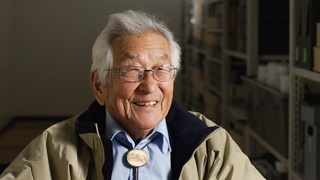
Coming home to his mother after the war
(1919 - 2015) Nissei que serviu na Segunda Guerra Mundial com a 442ª Equipe de Combate Regimental
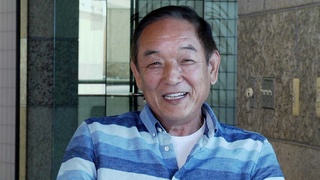
First impression of America (Japanese)
Shin-issei, proprietário do Isakaya e Honda Ya, restaurante de comida japonesa

Getting a PhD under the G.I. Bill
(1919 - 2015) Nissei que serviu na Segunda Guerra Mundial com a 442ª Equipe de Combate Regimental

Felt no hostility in Los Gatos, California after the war
(n. 1935) Empresário Sansei

Requested assignment in Europe to avoid combat in the Korean War
(n. 1935) Empresário Sansei


The reason for creating the songflim Omoiyari
(n. 1975) Músico, compositor e autor musical

Parents leaving Peru to move to California
Norte-americana Okinawana, cujos pais são peruanos

Family’s Japanese roots and values
Juíza Sansei do Tribunal Superior do Condado de Los Angeles na Califórnia
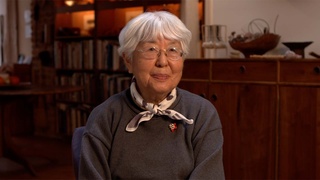

Facing Prejudice as a Japanese American Teenager in Chicago after the War
(n. 1932) Nissei Norte-Americana, atriz de teatro, cinema e televisão
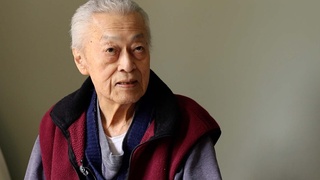
Facing housing discrimination in Rhode Island
(1934–2018) Diseñador japonés americano, educador y pionero de tecnologías mediáticas

Immersed in Japanese culture and language
(n. 1936) Japonês peruano encarcerado em Crystal City

Por que meus pais decidiram imigrar para o Brasil
(n. 1948) Professor Doutor da Faculdade de Direito da Universidade de São Paulo – Advogado – Tradutor
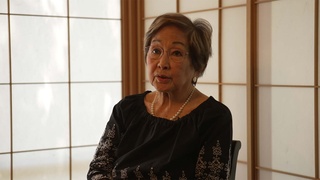
Pais em Utah
(n. 1939) uma mulher de negócios cuja família se mudou voluntariamente para Salt Lake City, em Utah, durante a guerra.
